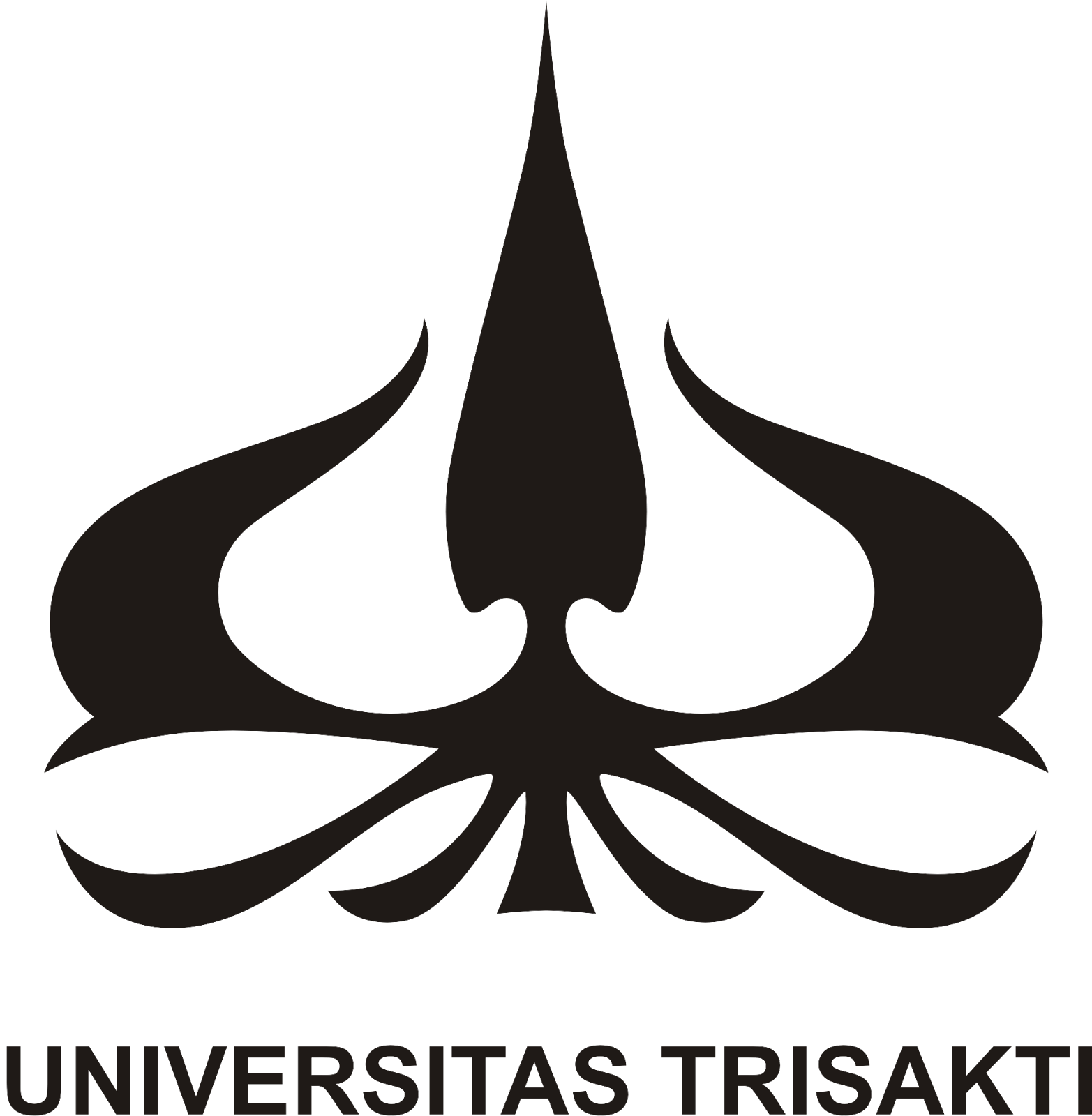
Malocclusion is a deviation from normal occlusion and the third priority dental health issue. Interceptive
orthodontics is a treatment for reducing malocclusion. Knowledge of malocclusion by parents can affect whether or not their
children require orthodontic treatment. Aim: Determining the correlation between parental understanding of malocclusion
and the necessity for interceptive orthodontic treatment among Primary School of Sang Timur students in East Jakarta.
Method: This sort of research was an analytic observational study, using a cross-sectional design. The examination was
conducted using the IKPO-I form and a modified questionnaire from Pravara Institute of Medical & Rural Dental College,
Loni, India. Result The findings demonstrated that 48 parents (46.6%) of the 103 students and parents at Primary School of
Sang Timur Elementary in East Jakarta had a good knowledge of malocclusion; on the other hand, 26 parents (25%) had less
understanding. Examining the participants using the IKPO-I revealed that 17 (16,5%) did not require orthodontic treatment;
57 (55,3%) need interceptive orthodontics and the other hand, 29 (28.1%) need corrective orthodontic treatment. Conclusion:
Based on the findings of this study, there is no correlation between parental knowledge of malocclusion and the requirement
for interceptive orthodontic treatment.
Malocclusion is a deviation from normal occlusion and the third priority dental health issue. Interceptive
orthodontics is a treatment for reducing malocclusion. Knowledge of malocclusion by parents can affect whether or not their
children require orthodontic treatment. Aim: Determining the correlation between parental understanding of malocclusion
and the necessity for interceptive orthodontic treatment among Primary School of Sang Timur students in East Jakarta.
Method: This sort of research was an analytic observational study, using a cross-sectional design. The examination was
conducted using the IKPO-I form and a modified questionnaire from Pravara Institute of Medical & Rural Dental College,
Loni, India. Result The findings demonstrated that 48 parents (46.6%) of the 103 students and parents at Primary School of
Sang Timur Elementary in East Jakarta had a good knowledge of malocclusion; on the other hand, 26 parents (25%) had less
understanding. Examining the participants using the IKPO-I revealed that 17 (16,5%) did not require orthodontic treatment;
57 (55,3%) need interceptive orthodontics and the other hand, 29 (28.1%) need corrective orthodontic treatment. Conclusion:
Based on the findings of this study, there is no correlation between parental knowledge of malocclusion and the requirement
for interceptive orthodontic treatment.